Introduction
Deciding on the right motorcycle as a beginner rider can be an exciting but daunting task. The motorcycle market offers a wide variety of options, each with its own characteristics and features. To make an informed decision, it is essential to consider factors such as riding experience, intended use, physical capabilities, and personal preferences. In this article, we will explore different types of motorcycles suitable for beginners, their key features, and tips to help you select the perfect motorcycle for your needs.
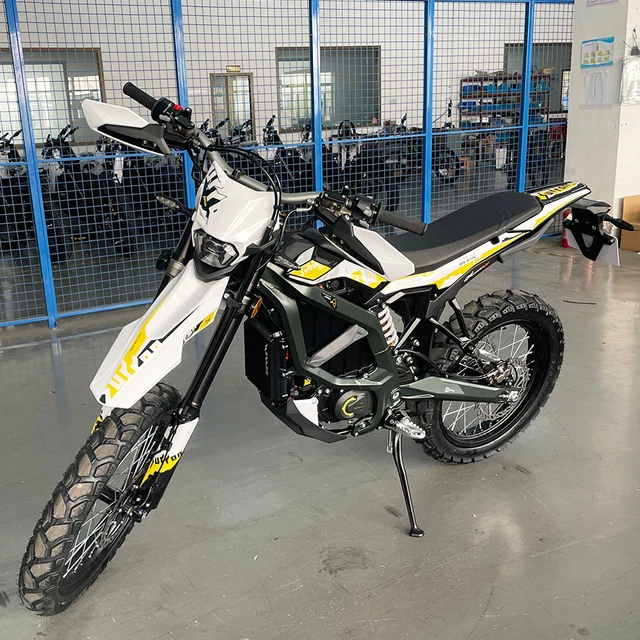
What motorcycle should a beginner get?
Consider Your Riding Experience
When choosing a motorcycle as a beginner, it is crucial to consider your current riding experience and skill level. Here are some options based on experience:
No Riding Experience: If you have no prior riding experience, a small displacement motorcycle with a low power output is recommended. These motorcycles are easy to handle and allow new riders to build confidence and develop riding skills gradually.
Some Riding Experience: If you have some experience riding motorcycles, you may feel more comfortable with slightly larger or more powerful bikes. However, it is important to choose a motorcycle that still falls within your comfort zone and skill level.
Determine Intended Use
Understanding how you plan to use the motorcycle is vital in selecting the right type of bike. Consider the following intended uses:
Commuting: If you plan to use the motorcycle primarily for commuting in urban areas, a lightweight and agile motorcycle with good maneuverability is ideal. Look for motorcycles with an upright riding position and fuel efficiency to make navigating traffic and city streets more manageable.
Long-Distance Touring: If you envision embarking on long-distance trips, consider a touring motorcycle designed for comfort and extended journeys. These motorcycles typically have larger engines, comfortable seating positions, ample luggage capacity, and features that enhance comfort, such as windshields and cruise control.
Off-Road Adventures: If you are interested in off-road riding, dual-purpose or adventure motorcycles are suitable options. These bikes offer a balance between on-road and off-road capabilities, with rugged suspension, knobby tires, and increased ground clearance.
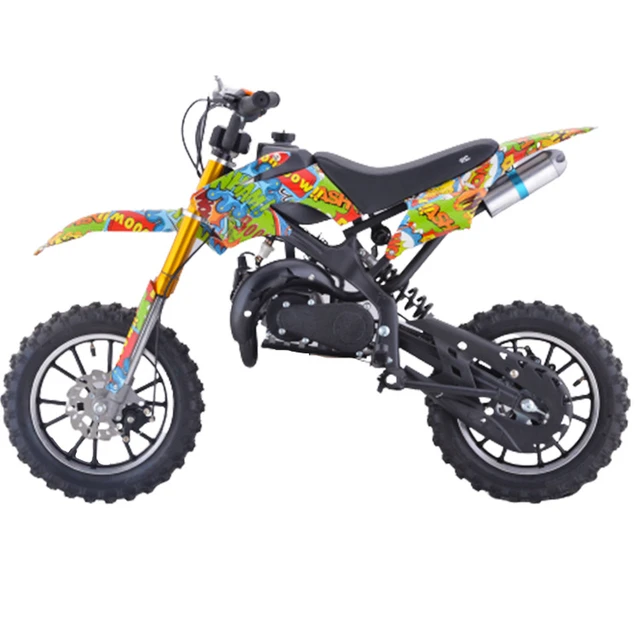
Analyze Physical Capabilities
Your physical capabilities play a significant role in determining the size and weight of the motorcycle that is suitable for you. Consider the following factors:
Height and Inseam Length: Ensure that you can comfortably reach the ground with both feet when seated on the motorcycle. Look for motorcycles with lower seat heights or adjustable suspension if you have a shorter inseam.
Weight and Strength: New riders should opt for motorcycles that they can comfortably handle and maneuver. Consider the weight of the motorcycle and your ability to support its weight when stationary or performing slow-speed maneuvers, such as parking or U-turns.
Select the Right Type of Motorcycle
Motorcycles come in various types, each with its own characteristics and intended uses. Here are some common types suitable for beginner riders:
Standard Motorcycles: Standard motorcycles, also known as naked or street bikes, offer a versatile and user-friendly riding experience. They feature an upright riding position, moderate power, and a balanced design suitable for a wide range of riding conditions.
Cruiser Motorcycles: Cruisers are known for their relaxed riding position, low seat heights, and iconic styling. They typically have a V-twin engine and are favored by riders seeking a more laid-back and comfortable riding experience.
Sportbikes: Sportbikes are designed for performance-oriented riding and often have aggressive riding positions. While they offer exhilarating acceleration and handling capabilities, they may not be the most suitable choice for beginners due to their high power outputs and demanding riding positions.
Dual-Purpose or Adventure Bikes: Dual-purpose motorcycles, also known as adventure bikes, combine on-road and off-road capabilities. They feature upright seating positions, long-travel suspension, and robust build quality. These bikes are well-suited for beginners who want to explore various terrains and enjoy a sense of adventure.
Scooters: Scooters offer a convenient and practical option for urban commuting. They feature automatic transmissions and typically have smaller engines. Scooters are lightweight, easy to maneuver, and offer excellent fuel efficiency.
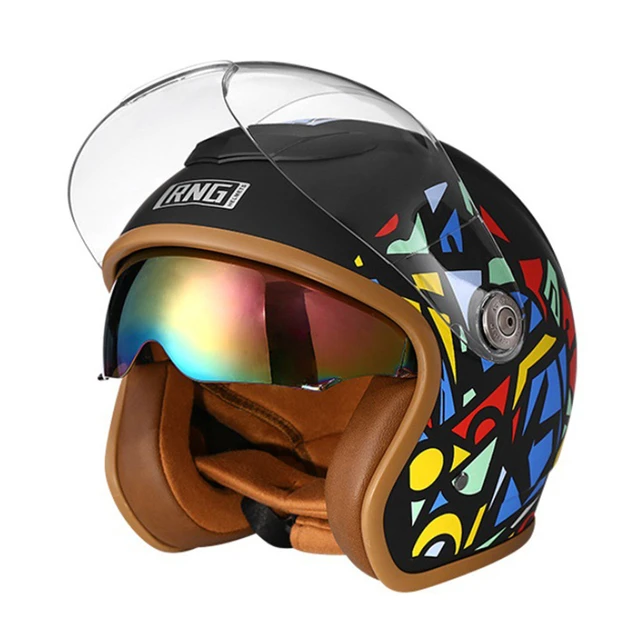
Seek Safety Features and Technology
When choosing a motorcycle as a beginner, it is important to consider safety features and technology that enhance rider safety and confidence. Look for the following features:
Anti-lock Braking System (ABS): ABS helps prevent wheel lock-up during braking, reducing the risk of skidding and loss of control. Motorcycles equipped with ABS provide added safety, particularly for riders with limited experience.
Traction Control: Traction control helps maintain grip on slippery surfaces or during aggressive acceleration. It can be especially beneficial for riders who may encounter diverse weather conditions or unpredictable road surfaces.
Riding Modes: Some motorcycles offer different riding modes that adjust power delivery and throttle response. These modes, such as “rain” or “eco,” can be helpful for beginners, allowing them to tailor the bike’s performance to specific riding conditions.
Test Ride and Seek Professional Advice
Before making a final decision, it is highly recommended to test ride motorcycles that you are considering. Test rides offer valuable insights into the bike’s ergonomics, handling, and overall feel. Additionally, seek advice from experienced riders or consult with motorcycle professionals who can provide guidance based on your specific needs and preferences.
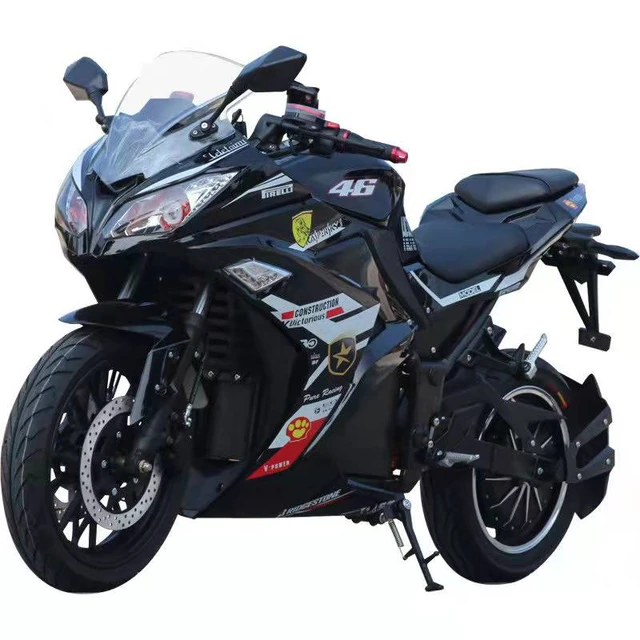
Budget Considerations
Budget is an important factor when choosing a motorcycle as a beginner. Determine your budget and explore options within that range. Keep in mind that in addition to the initial purchase price, there are other expenses to consider, such as insurance, maintenance, gear, and licensing fees. Consider whether buying a new or used motorcycle makes more sense for you.
New Motorcycles: Buying a new motorcycle offers the advantage of having the latest features, warranties, and potential financing options. However, new motorcycles tend to be more expensive than used ones, and insurance rates may be higher.
Used Motorcycles: Purchasing a used motorcycle can be a cost-effective option, especially for beginners. Used motorcycles come in a wide range of prices, allowing you to find a suitable model within your budget. However, it is important to thoroughly inspect the bike, check its maintenance history, and potentially enlist the help of a knowledgeable mechanic to ensure its reliability.
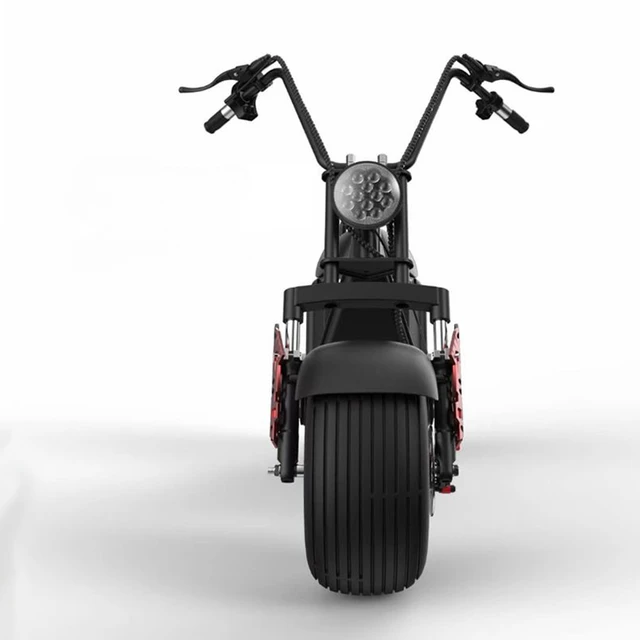
Conclusion
Choosing the perfect motorcycle as a beginner involves considering multiple factors, including riding experience, intended use, physical capabilities, and personal preferences. Assessing these factors will help you select a motorcycle that aligns with your comfort level, riding goals, and skill development. Whether you opt for a small displacement motorcycle for commuting or a larger adventure bike for off-road adventures, prioritizing safety features and seeking professional advice will contribute to a positive and enjoyable riding experience. Remember, as a beginner, it is essential to start with a motorcycle that allows you to build confidence and develop riding skills progressively.
